You are using an out of date browser. It may not display this or other websites correctly.
You should upgrade or use an alternative browser.
You should upgrade or use an alternative browser.
Worlds of Design
Recent & Upcoming Releases
-
June 18 2024 -
July 16 2024 -
September 17 2024 -
October 1 2024 -
November 12 2024 -
February 18 2025
Voidrunner's Codex
Latest Posts
-
-
-
-
Press [Chaosium] Vote for Chaosium creators in the 2024 ENNIES - voting is now live!
- Latest: Michael O'Brien
-
-
-


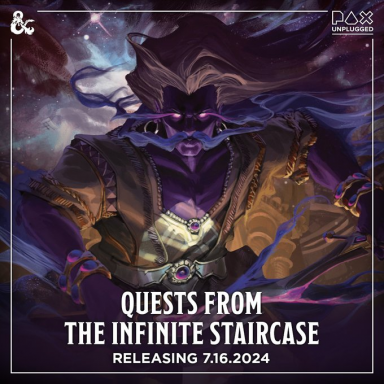
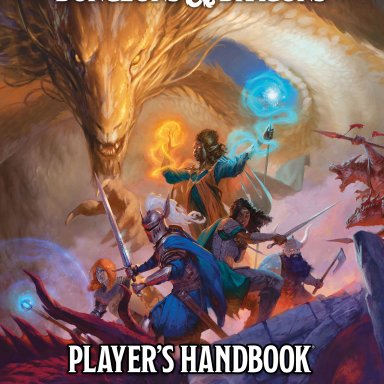
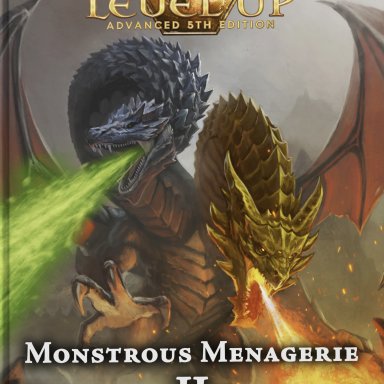
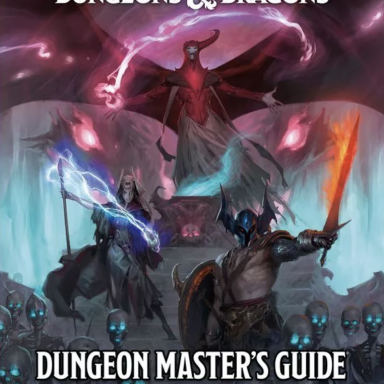
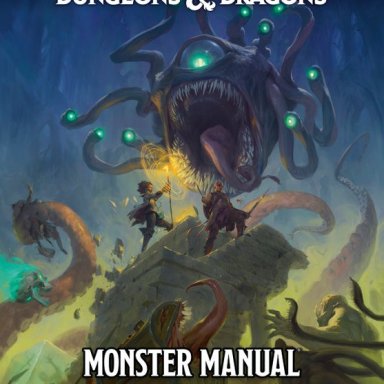
![Quick Gen Things Found Volume 1 Fantasy Items [Ennead Games]](jpg/press-release-red-rubber-stamp-over-white-background-88070630.jpg)
![[Chaosium] Cover reveal: The Cthulhu by Gaslight Investigators Guide will be available in exclusive pre-release at Gen Con](jpg/451253370-958125329658387-5070651187200593285-n.jpg)
